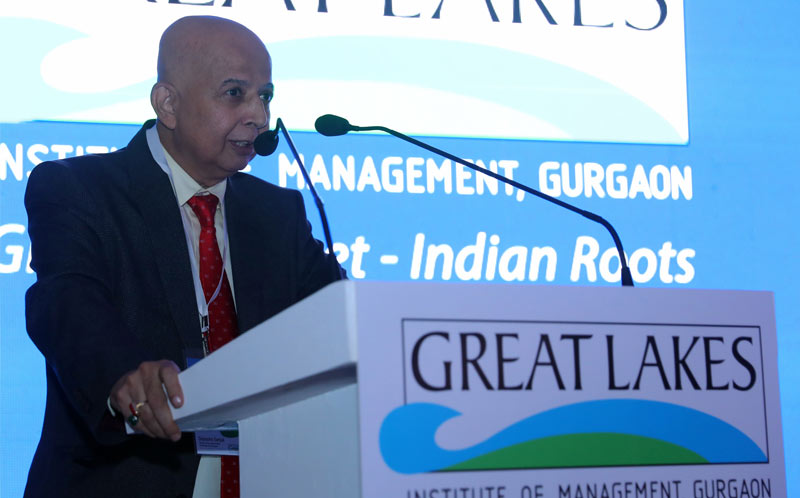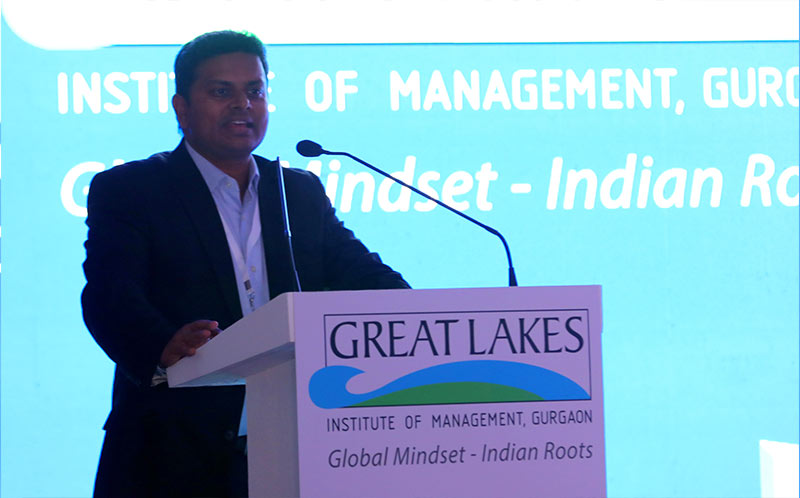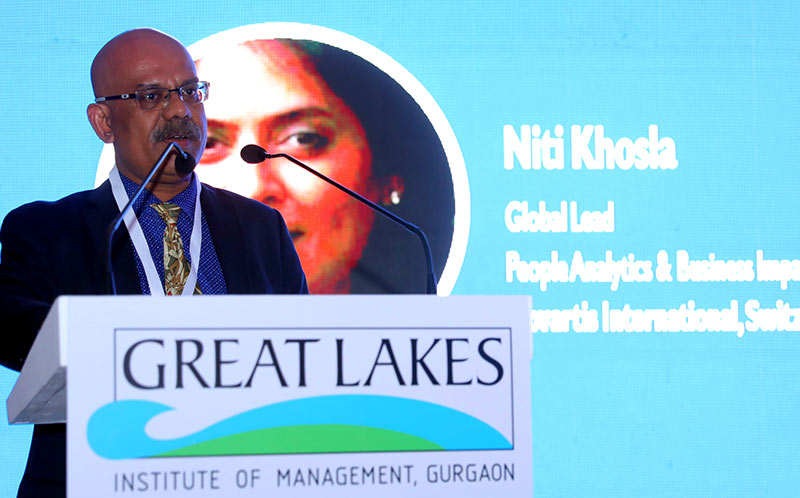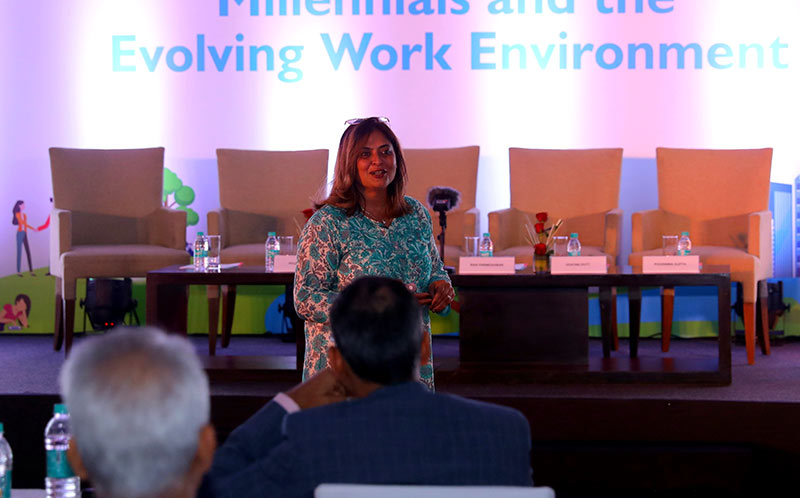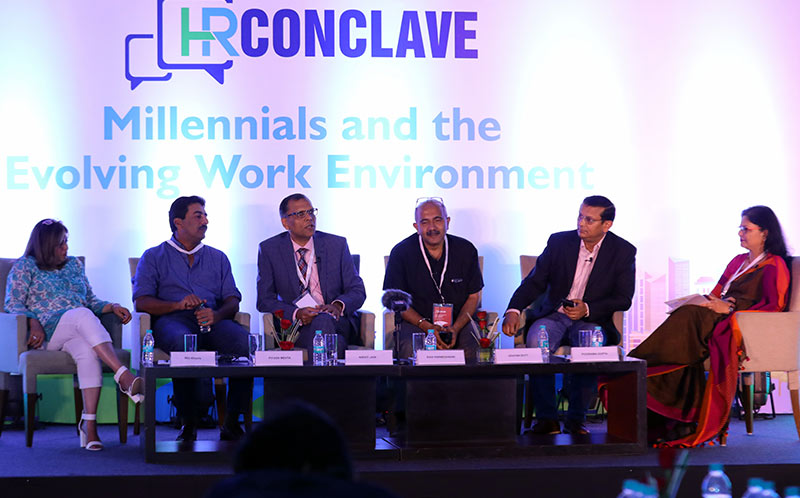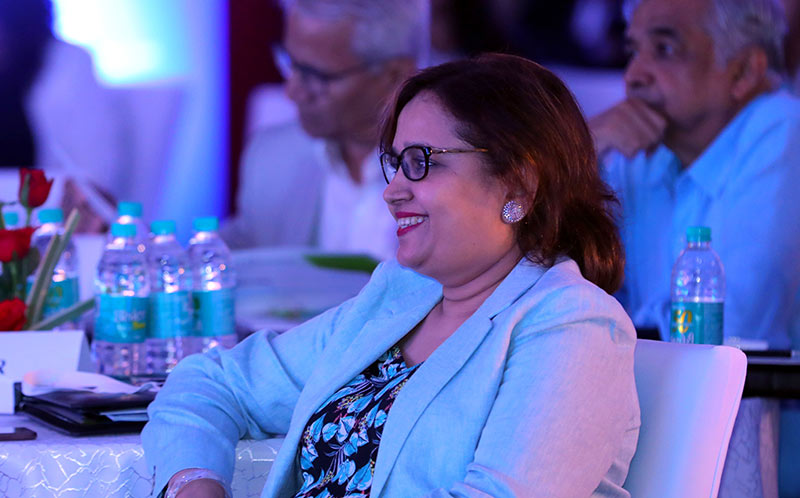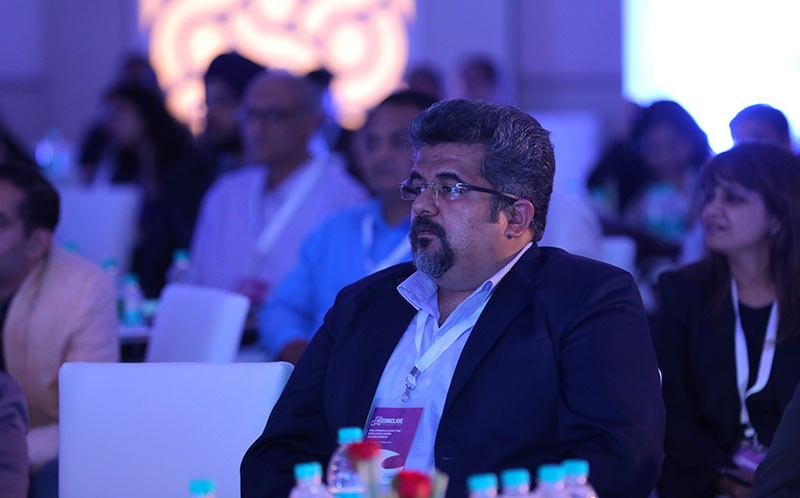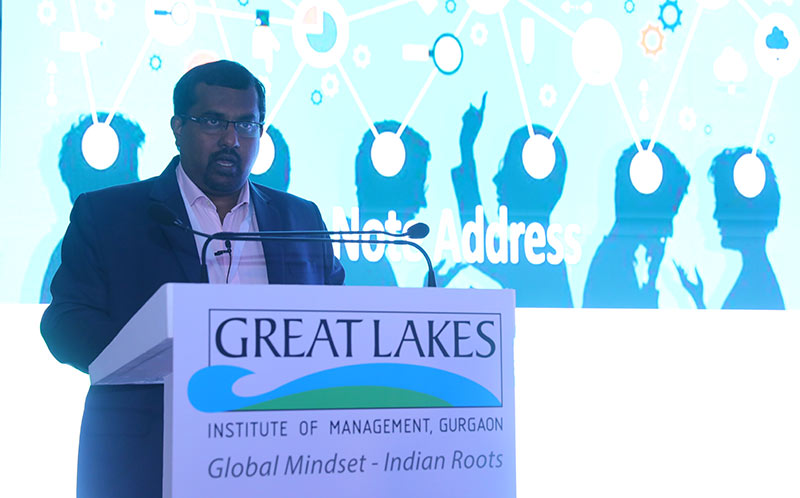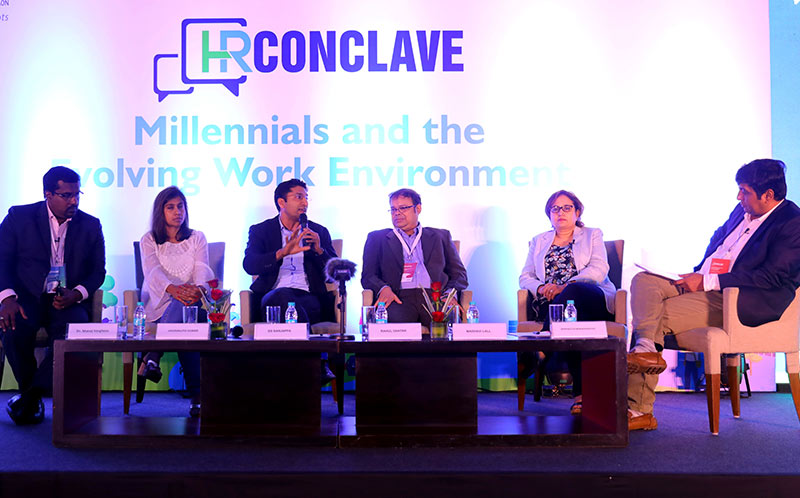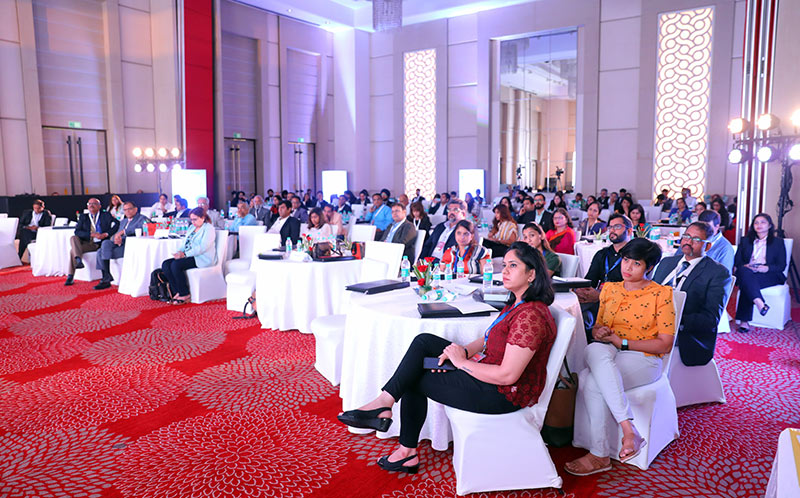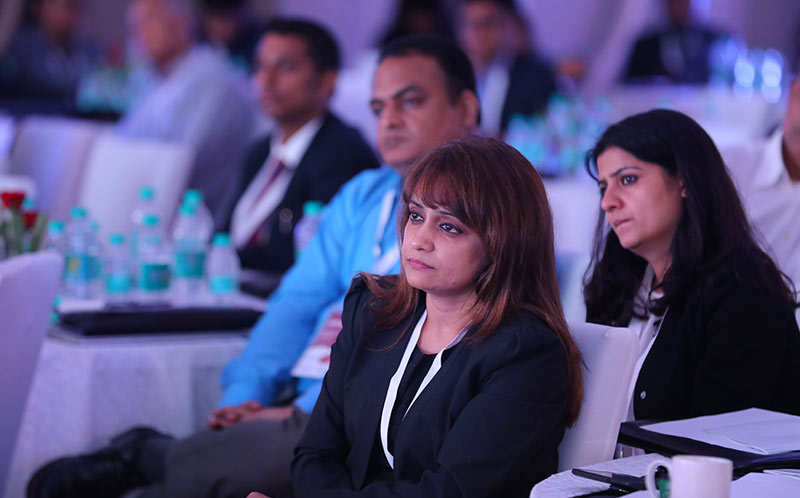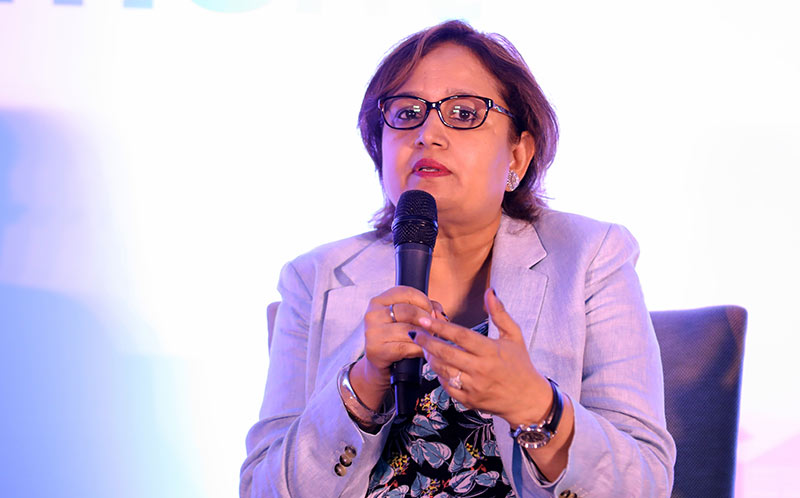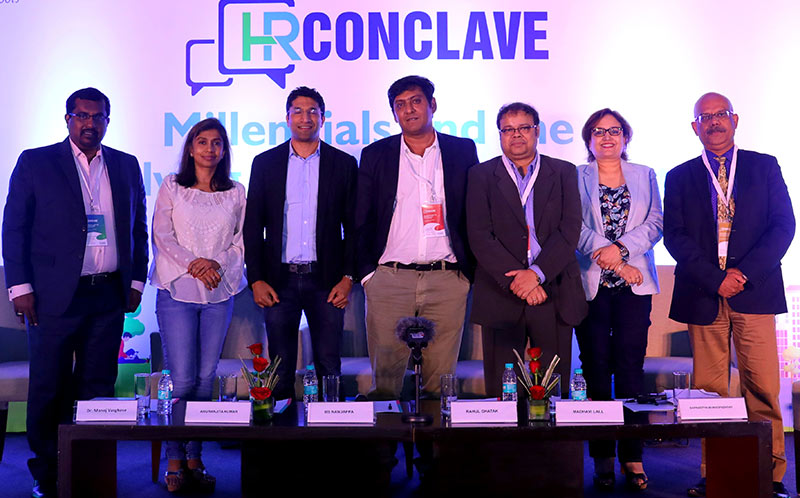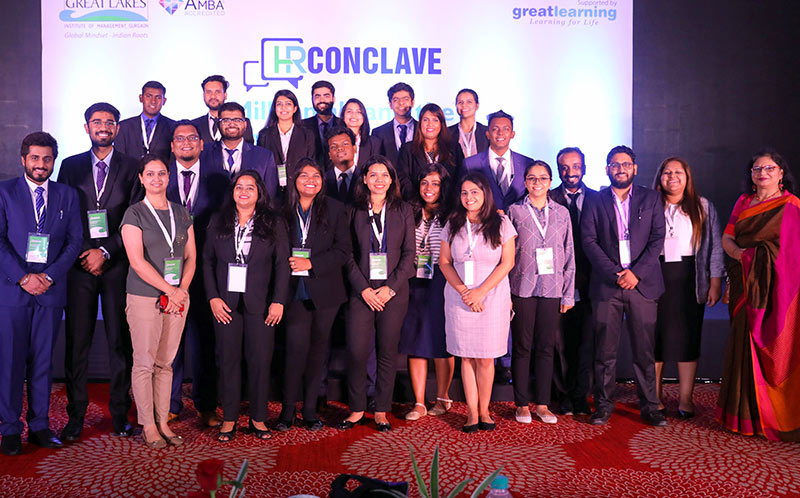
Home
-
About Us
-
PROGRAMS
-
Faculty & Research
-
PLACEMENTS
HR Conclave
HR Conclave: Embracing the Evolving Work Environment
Great Lakes Institute of Management, Gurgaon, hosted its HR Conclave on 9th August 2019 at Le Méridien, Gurgaon, themed “Millennials and the Evolving Work Environment.” The event brought together a distinguished gathering of CHROs, Senior VPs, Heads of HR, and Talent Acquisition leaders from top Indian and global organizations. With insightful keynotes and panel discussions, the conclave explored how organizations can adapt to the evolving expectations of the millennial workforce, redefine workplace culture, and integrate technology for greater agility and inclusivity.
Keynote Address 1
Ms. Niti Khosla shed light on how millennials are redefining motivation and reshaping workplace expectations. With a shift away from traditional performance ratings, she emphasized the growing importance of real-time feedback, flexibility, and empathetic leadership to keep millennials engaged and productive.
Key Highlights:
- Millennials value flexibility, frequent feedback, and recognition over annual appraisals.
- Success isn't tied to office presence—outcomes matter more than hours.
- Organizations must focus on mobile learning and accessible knowledge platforms.
- Empathy and transparency are more motivating than financial rewards.
- Learning systems and feedback processes need to evolve to retain millennial talent.
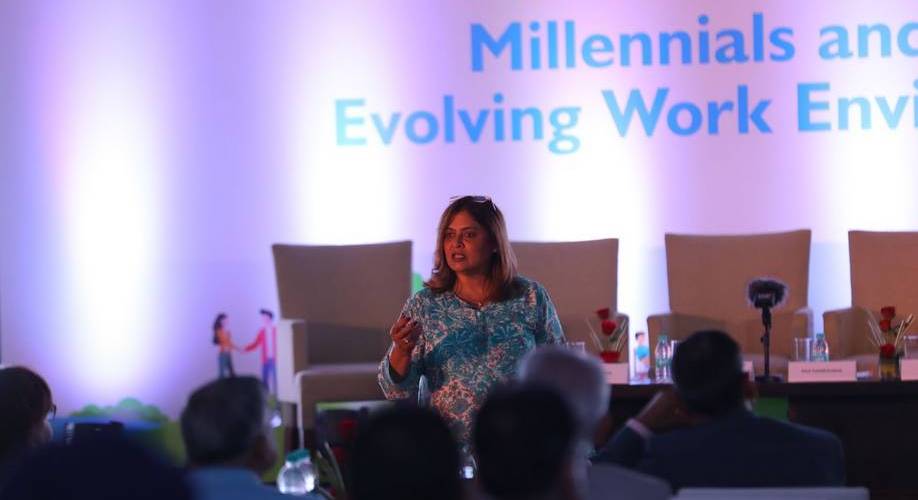
Ms. Niti Khosla, Global Head - People Analytics and Business Impact, Novartis International, Basel, Switzerland
Session 1: Managing Millennial Motivations
This panel explored how millennials are driven by speed, purpose, and the desire for meaningful involvement in decision-making. The discussion emphasized the need for adaptable work environments and consistent, actionable feedback.
Key Highlights:
- Millennials expect to be included in decisions and value ownership.
- Their low tolerance for delays demands faster, tech-driven processes.
- Short-term goals and small wins drive better performance.
- Millennials have a high risk-taking ability and seek purpose in their roles.
- Workplaces must evolve with agility and intent to retain top young talent.
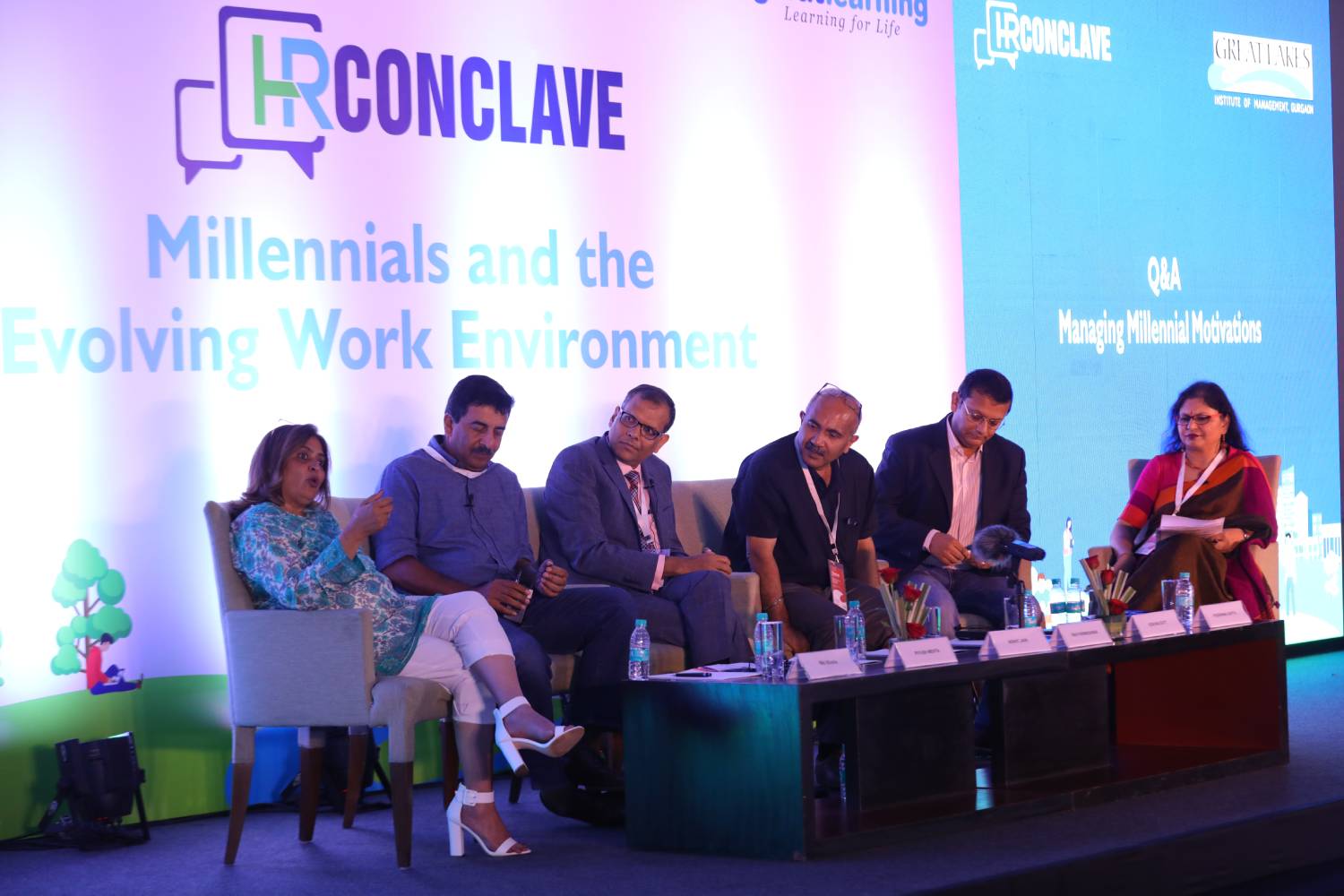
Panelists:
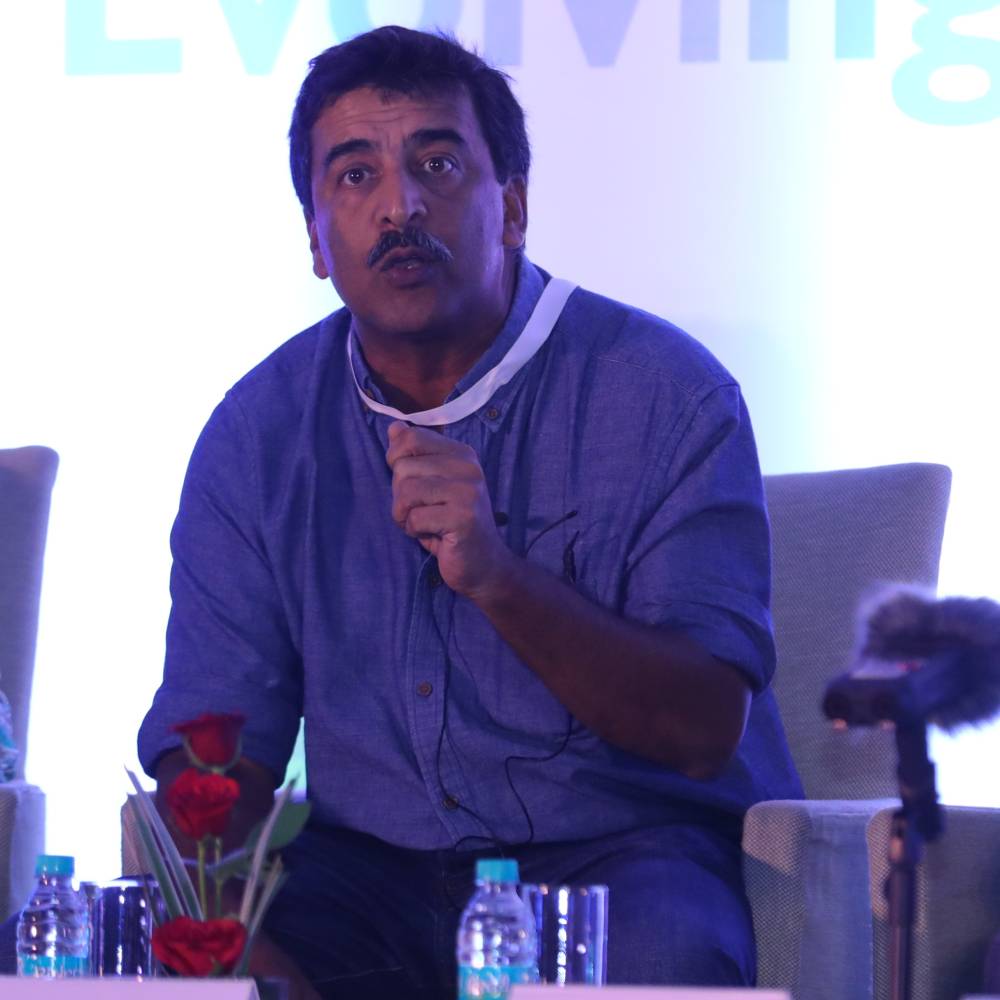
Piyush Mehta
CHRO, Genpact
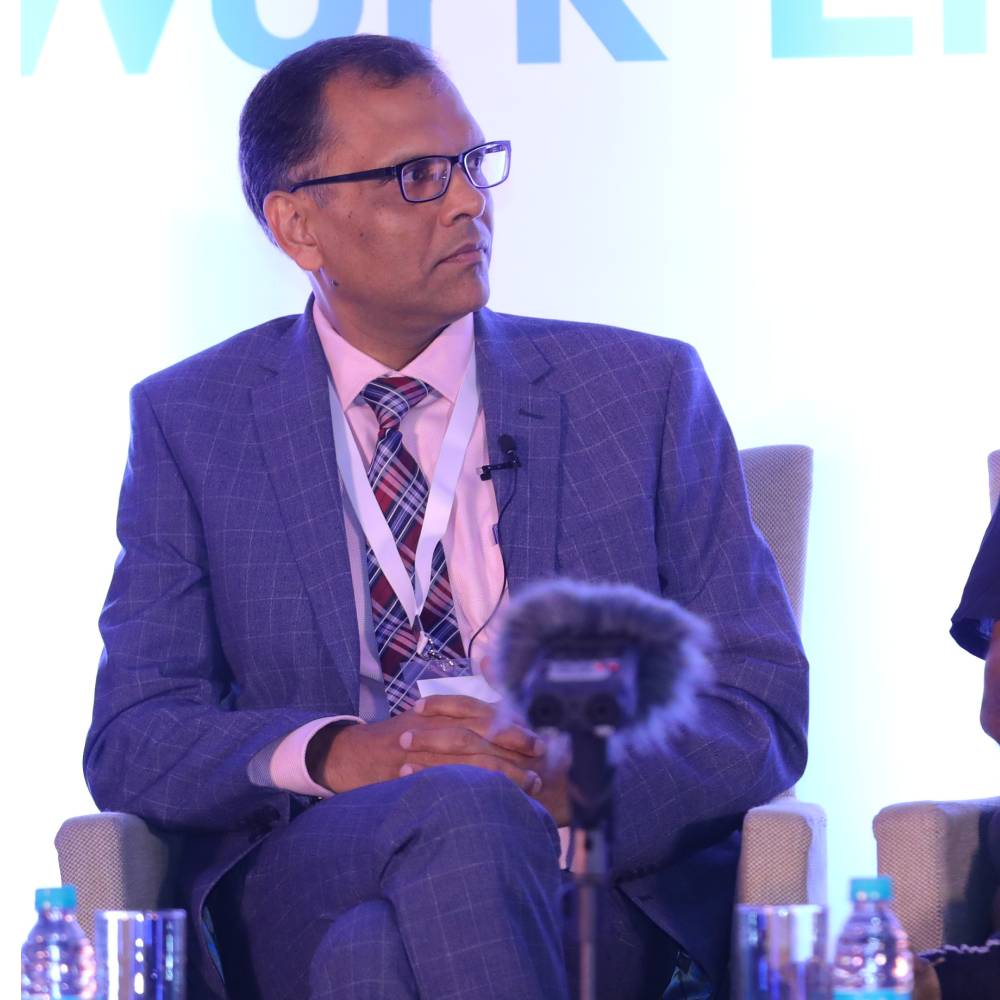
Nishit Jain
EVP & Head Premium Banking & NRI Business, Indusland Bank
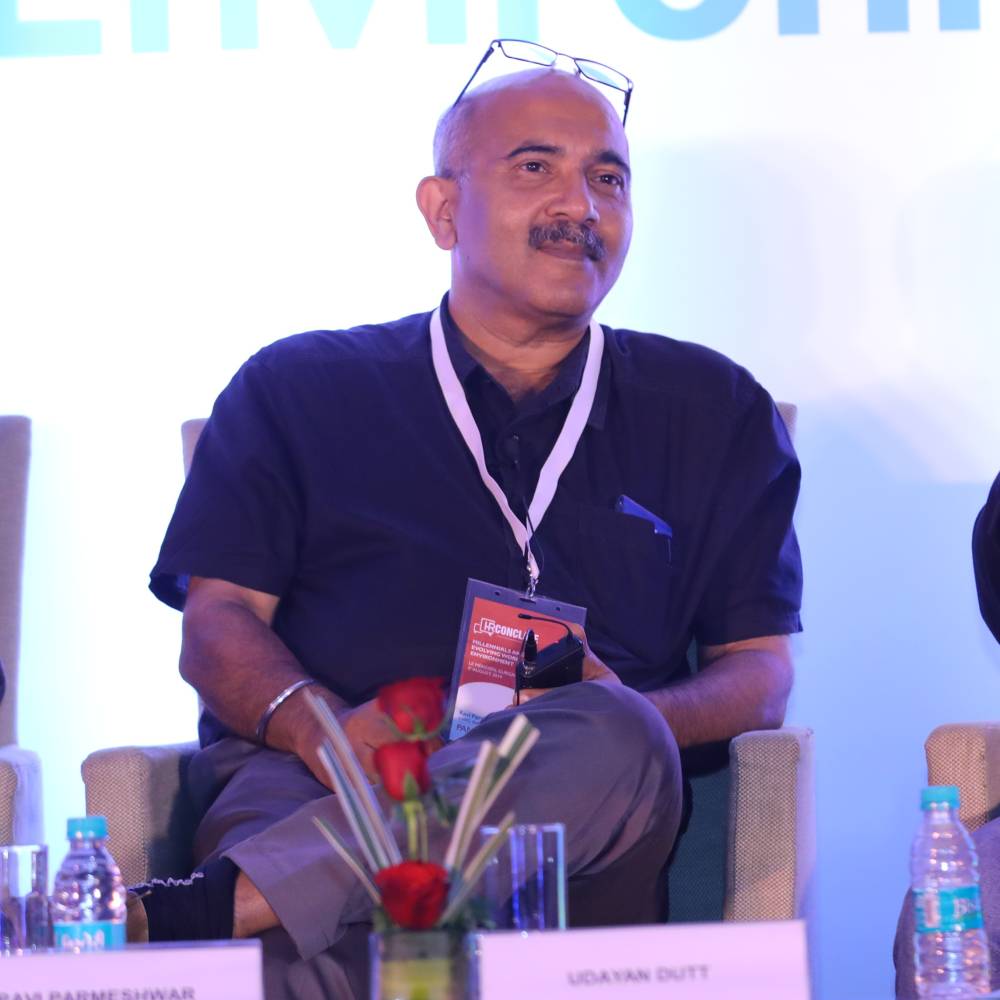
Ravi Parmeshwar
CHRO, ReNew Power
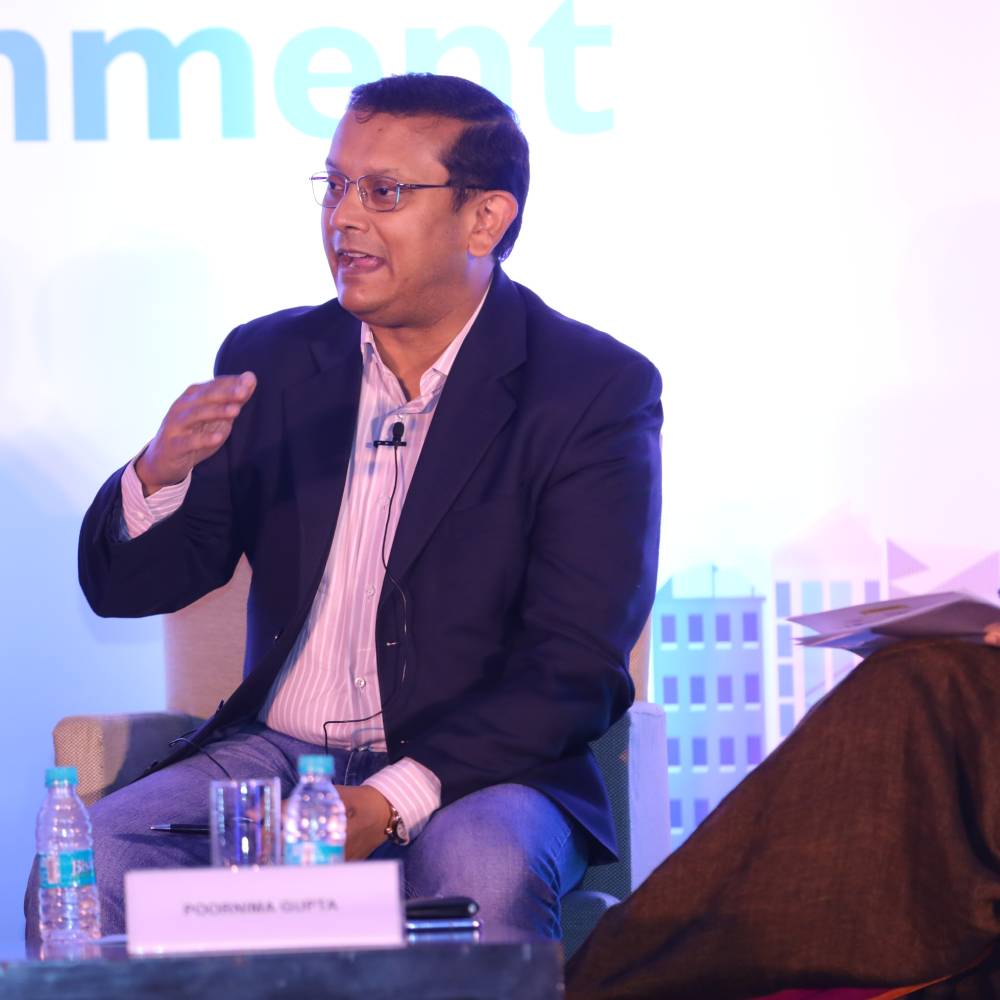
Udayan Dutt
Global HR Director, Corporate Functions & Category, Health & CHQ, RB
Keynote Address 2
Dr. Manoj Varghese explored the intersection of technology and millennial psychology. He explained how digital integration has rewired the way millennials work, process information, and engage with organizations.
Key Highlights:
- Millennials are a tech-native generation with a unique worldview.
- We’ve shifted from centralized to distributed, agile systems at work.
- While tech can cause FOMO and distraction, it also boosts cognitive flexibility.
- Workspaces must embrace transparent feedback and collaborative tools.
- Tech-enabled, flexible systems can unlock extraordinary performance from millennials.
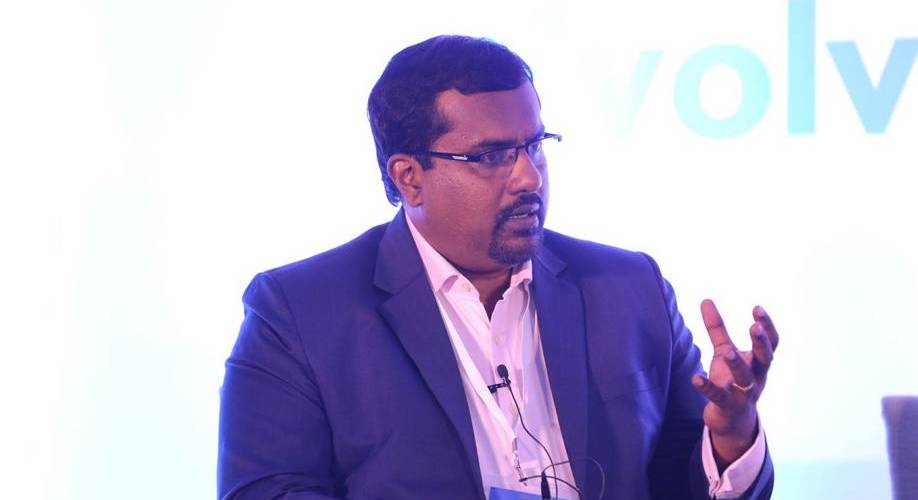
Dr. Manoj Varghese, Former Director (HR), Google Asia Pacific & Former Director (Operations), Facebook India
Session 2: Navigating the Technology-Impacted Workplace
The panel focused on creating agile, diverse workspaces that meet the expectations of a tech-savvy generation. Panelists highlighted the role of experiential learning and the need for companies to adapt quickly.
Key Highlights:
- Organizations must invest in agile infrastructure and recreational design.
- Diversity in teams leads to better business outcomes.
- Millennials aim to fast-track through Maslow’s hierarchy, seeking growth and purpose.
- Experiential learning is key to preparing future-ready professionals.
- Culture must support rapid innovation and individual growth.
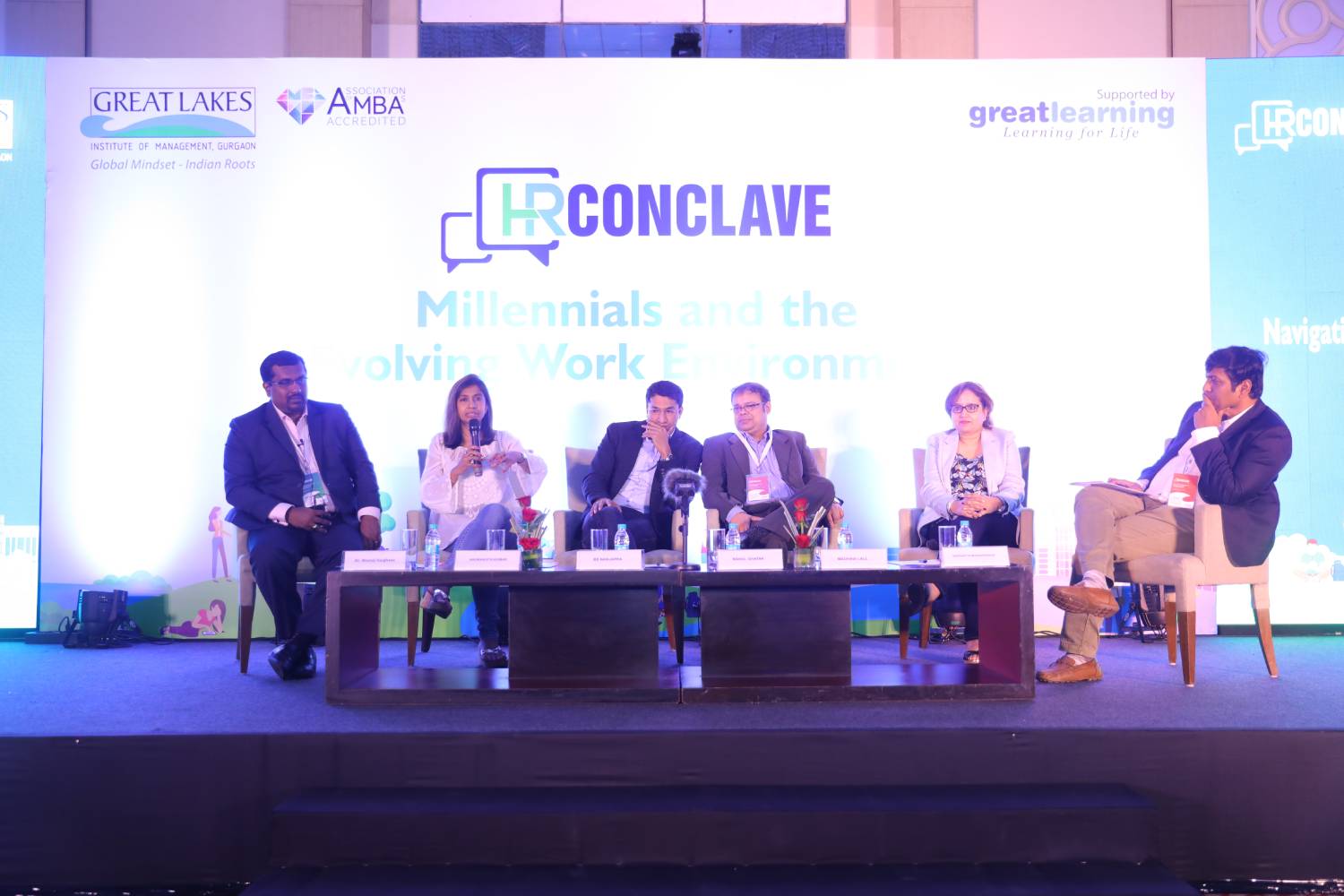
Panelists
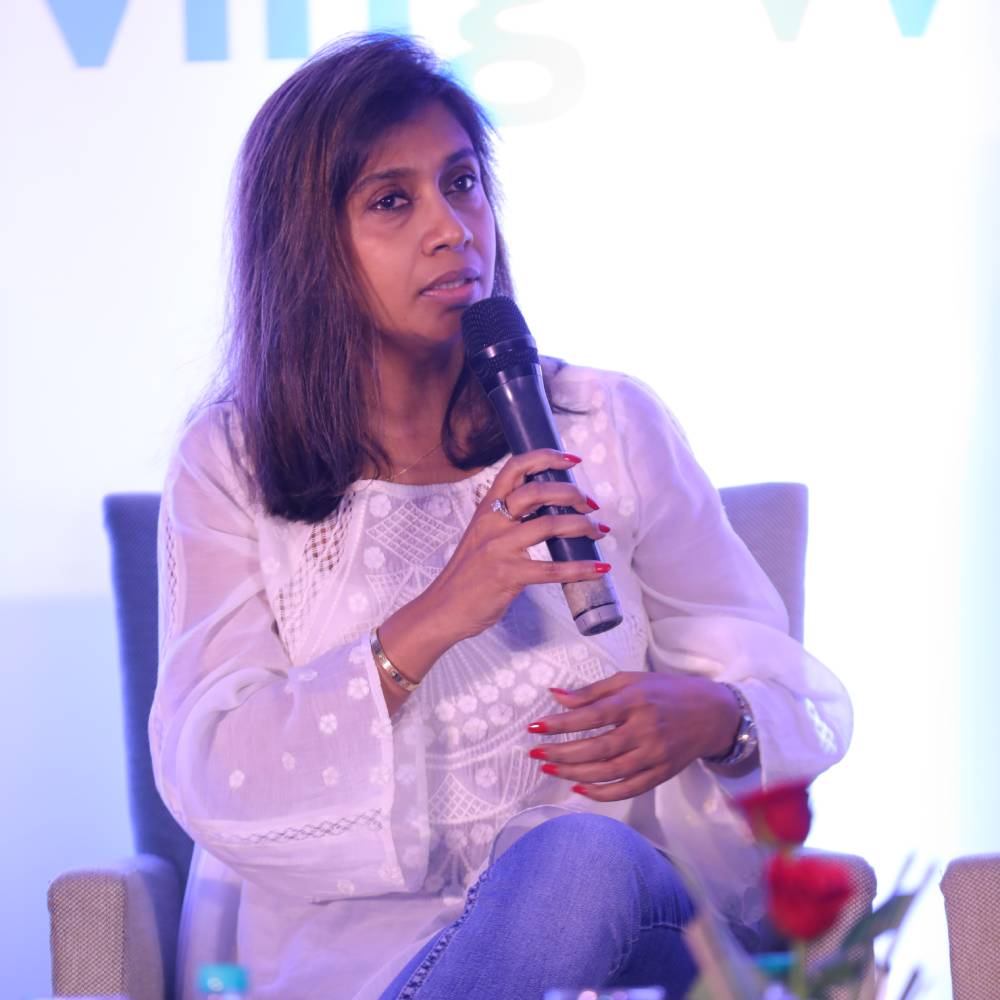
Anuranjita Kumar
MD (HR), RBS Bank
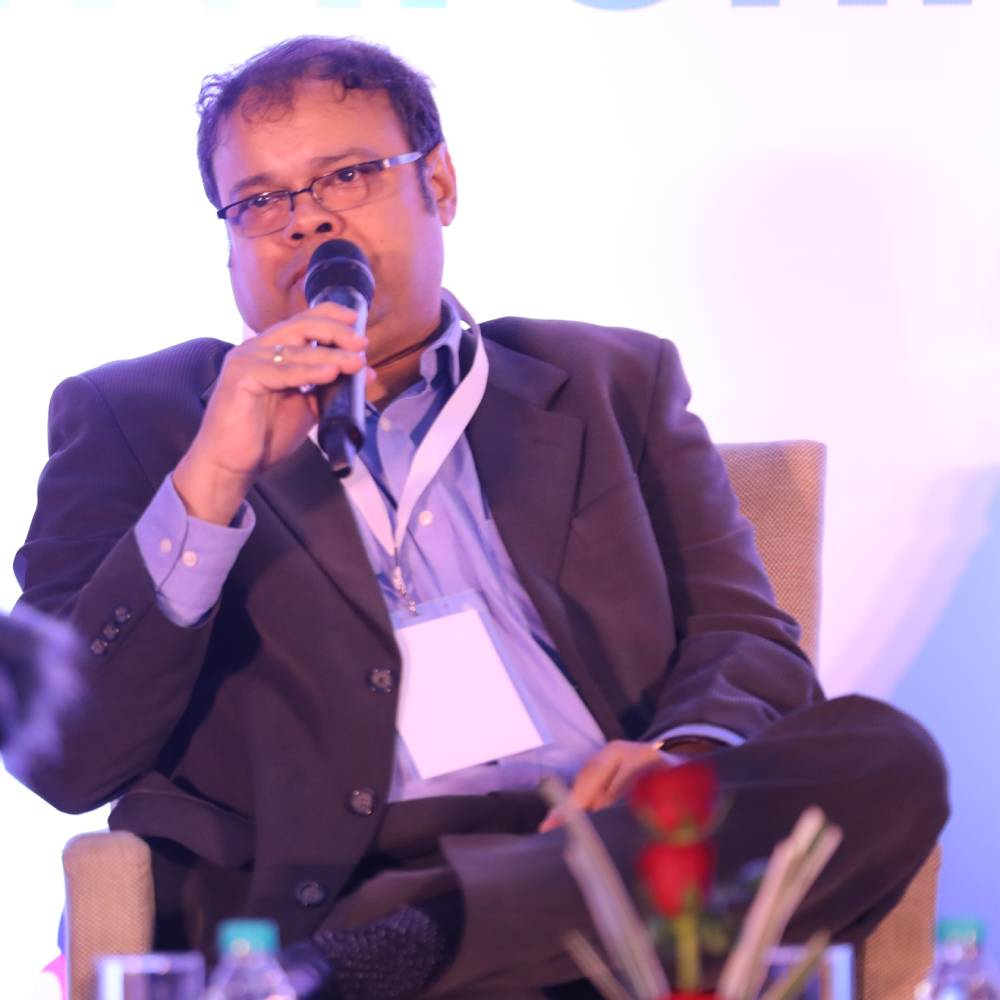
Rahul Ghatak
Co-Founder & Director, Acumetric Global Solutions
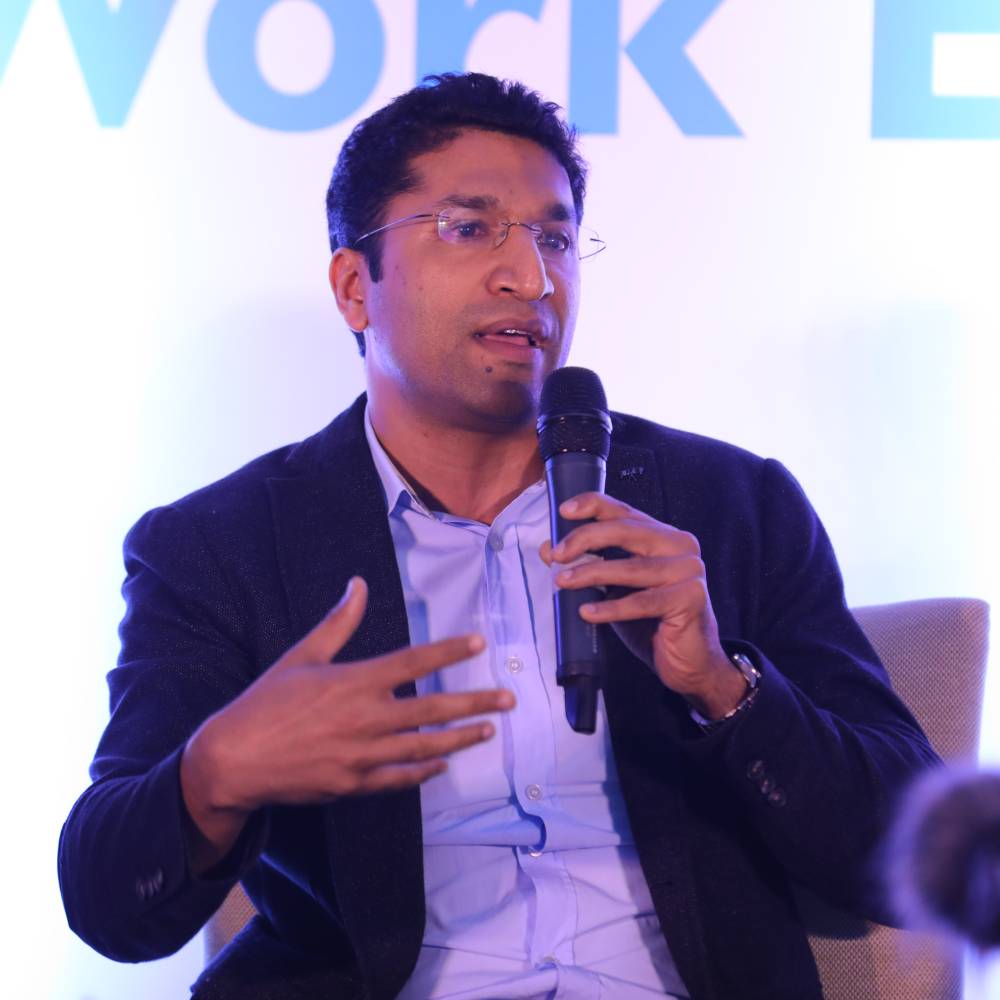
Nanjappa B S
Vice President (HR), Infosys Ltd.
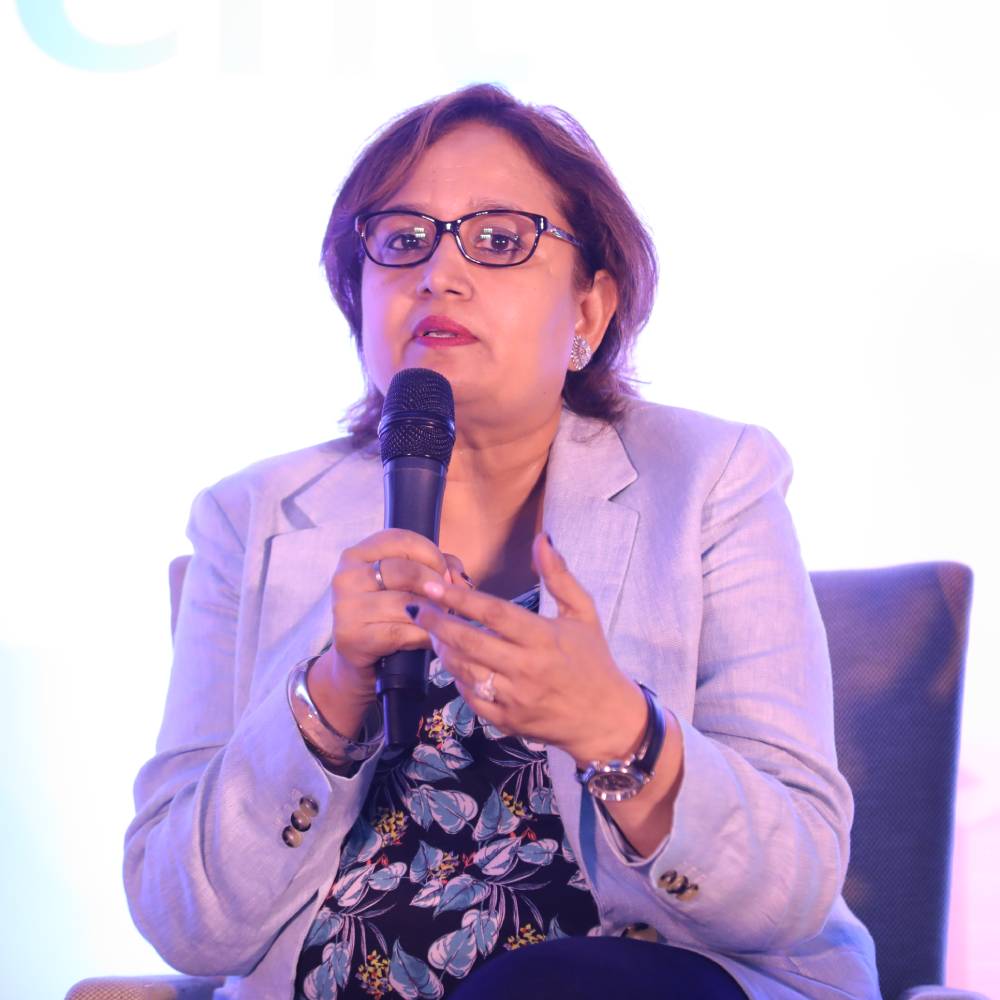
Madhavi Lall
MD & Head (HR), India, Deutsche Bank
